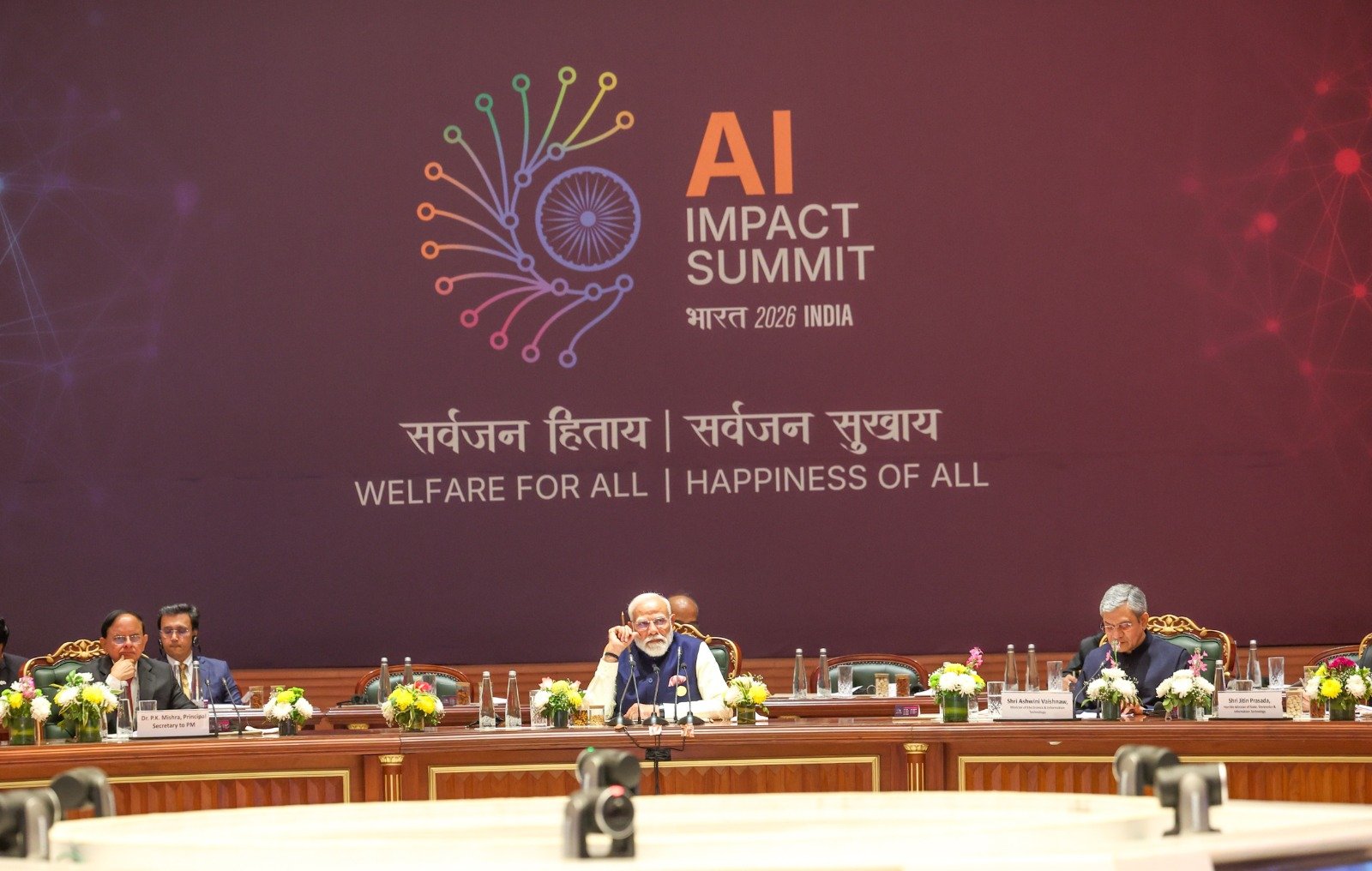
New Delhi [India], July 26 (ANI): The recently signed India-UK Free Trade Agreement (FTA), hailed as “game-changing” by Union Minister of Commerce and Industry Piyush Goyal, is expected to significantly enhance economic ties between the two nations. Signed during Prime Minister Narendra Modi’s two-day visit to the United Kingdom, the landmark deal is being described as the largest, most comprehensive, and most strategically important FTA India has ever signed.
Addressing a press conference, Goyal emphasized the transformative nature of the agreement, stating that it would greatly benefit Indian farmers, MSMEs, youth, fishermen, and exporters. “Out of all FTAs signed so far, the India-UK FTA is the biggest, most comprehensive, and most important,” Goyal said. “Once implemented, 99% of our exports to the UK will enter duty-free.”
With Cabinet approval already secured in India, the agreement now awaits ratification by the UK Parliament. Goyal noted that the FTA was signed on terms favorable to India and aligns with the broader national vision of Viksit Bharat 2047—India’s aspiration to become a developed nation by its 100th year of independence.
In a pointed critique of the previous UPA government, Goyal said, “Earlier FTAs were signed with our competitors—countries that dumped cheaper products in India, hurting our domestic manufacturing sector. In contrast, the Modi government signs FTAs only with nations that complement our economy—like Mauritius, Australia, UAE, the EFTA bloc, and now the UK.”
Goyal further underscored the strategic and economic benefits of the agreement, including stronger protections for India’s intellectual property and Geographical Indication (GI) products. Citing the example of Kolhapuri chappals, he shared how the Commerce Ministry had swiftly acted when a global brand misappropriated the traditional design.
“With this agreement, India will get due international recognition for its GI products. The Kolhapuri chappal alone has the potential to generate Rs 8,000–10,000 crore in international business,” he added. “Many global brands are now seeking to associate with Indian products and market them globally.”
The FTA also marks a major milestone in bilateral relations between India and the UK, whose governments have set an ambitious goal to increase bilateral trade to USD 120 billion by 2030. According to the UK government, the average Indian tariff on British goods will fall from 15% to 3% under the agreement, boosting market access for UK exporters while opening new avenues for Indian goods and services.
The India-UK Comprehensive Economic and Trade Agreement not only aims to enhance trade volumes but also reflects a deepening strategic partnership between the two nations. Signed on May 6 by Prime Minister Modi and UK Prime Minister Keir Starmer, the agreement is poised to set new standards in international trade cooperation and economic development.








